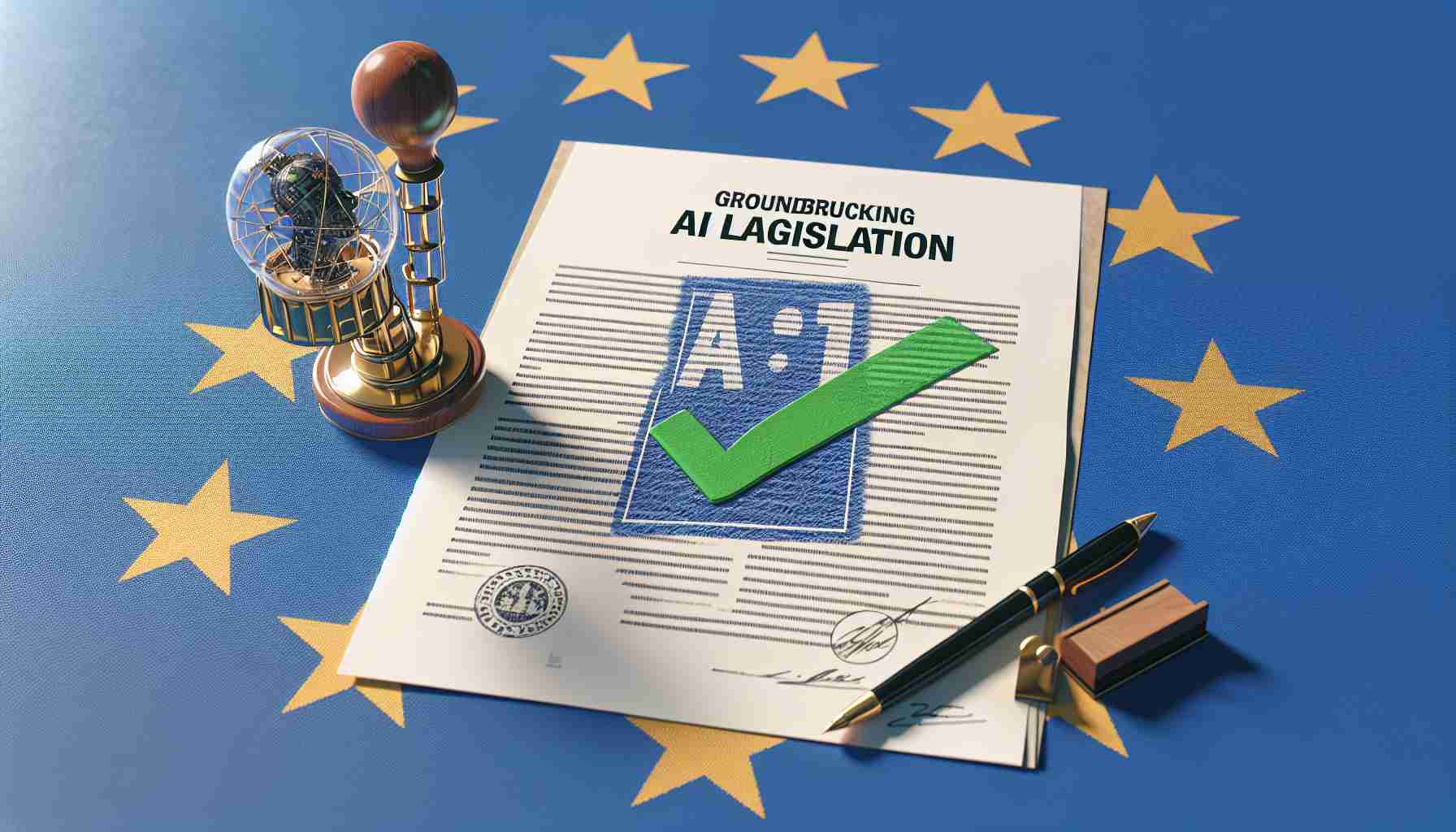In a landmark decision, EU Member States have voted unanimously to approve the AI Act, a significant move that sets the stage for comprehensive regulation of artificial intelligence technologies within the European Union. This decision, following two years of negotiations, underscores the EU’s commitment to ensuring the safe and responsible development and use of AI technologies across various sectors. The Act is poised to have far-reaching implications not only within the EU but also on a global scale, impacting industries ranging from healthcare to defense.
EU member states approve AI Act
EU Member States have given their resounding approval to the AI Act, signaling a pivotal moment in the regulation of artificial intelligence technologies. The unanimous decision, reached after extensive negotiations, reflects the collective determination to establish robust guidelines governing the safety and usage of AI systems. The Act, which received initial endorsement in December, faced scrutiny from tech giants and lobbying efforts from various quarters, particularly from countries like Germany and France. Despite initial reservations, both nations have withdrawn their opposition, paving the way for the Act’s passage.
The EU’s new regulations on AI are touted as the most comprehensive to date, encompassing measures to ensure both safety and innovation in AI development and deployment. Designed to shape global standards, the Act will impact diverse industry sectors, including segments of military application. Throughout the legislative process, concerns were raised by tech associations and startups regarding potential roadblocks. Yet, EU Commissioner for Internal Market Thierry Breton reassured stakeholders, emphasizing the Act’s balanced approach to fostering trust and innovation in AI.
Support for AI startups and the legislative path ahead
Acknowledging the concerns of tech startups, Commissioner Breton highlighted measures aimed at supporting Europe’s burgeoning AI ecosystem. By providing access to essential resources such as data, computing power, and talent, the EU aims to nurture a thriving community of AI startups. Investment initiatives, including the establishment of AI Factories and dedicated supercomputers, underscore the EU’s commitment to fostering innovation. Also, initiatives like GenAI4EU and AI Testing and Experimentation Facilities aim to catalyze partnerships between startups and industrial stakeholders, driving the development of groundbreaking AI applications.
While the approval of the AI Act marks a significant milestone, the legislative journey is far from over. The Act is slated to undergo further scrutiny, with a crucial committee vote scheduled for February. Following this, the European Parliament is expected to cast its vote in March or April, paving the way for the Act’s implementation. As Europe positions itself at the forefront of AI regulation, questions linger about the Act’s broader implications and its potential to shape the future of AI governance globally.
As the EU moves forward with the implementation of the AI Act, the landscape of AI regulation stands on the brink of transformation. With unanimous approval from Member States, the Act sets a precedent for comprehensive regulation aimed at balancing safety and innovation in AI technologies. However, as the legislative process continues, stakeholders must remain vigilant, ensuring that the Act’s provisions align with the evolving needs of the AI landscape. As Europe charts its course in the AI arena, the question remains: how will the AI Act shape the future of AI governance and innovation worldwide?





